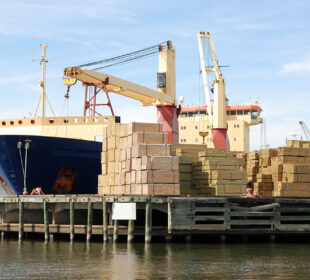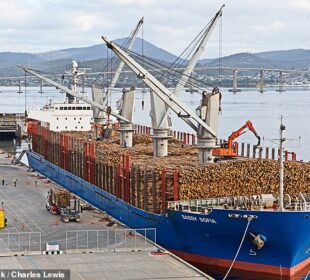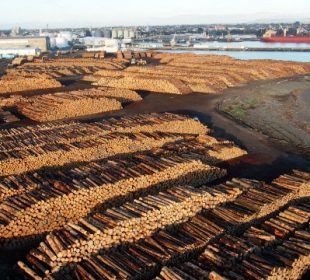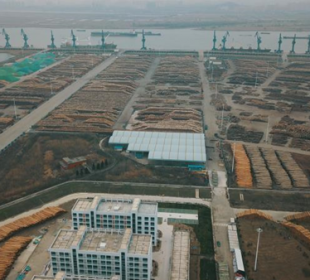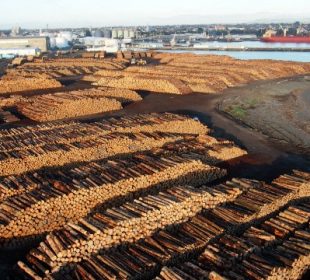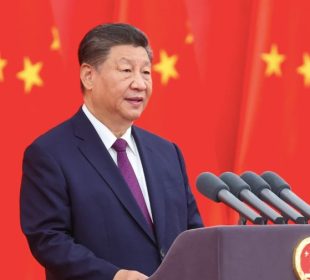In an encouraging move with the potential to create transformative market change, China recently amended its Forest Law to include a nationwide ban on buying, transporting, and/or processing illegally sourced timber, as well as an added focus on traceability.
As the world’s largest timber importer and major processing hub, China for decades has been an opaque ‘black box’ for wood at high risk of illegality due to indiscriminate sourcing practices for huge volumes of timber from forests around the globe. Over more than twenty years, EIA investigators have documented illegal timber flows into China from Congo, Gabon, Ghana, Madagascar, Nigeria, Peru, the Russian Far East, Zambia and elsewhere – encouraging China to regulate its market to help stop this illicit trade and bring about sustainable supply chains.
Lisa Handy, EIA’s Director for Forest Campaigns, said: "If China is sincere about closing its markets to illegally sourced timber and has the will to enforce the ban, it will be a gamechanger for forest ecosystems, local livelihoods, and global biodiversity, providing critical reinforcement to efforts by source countries to battle natural resource theft and corruption."
According to the UN Food and Agriculture Organization, forests are home to 80% of the world’s terrestrial biodiversity, and as many as 100 species a day may be lost to deforestation in tropical rainforests. Serious enforcement of the ban would also serve to bolster China’s commitments to protect biodiversity as it prepares to host the 15th UN Convention on Biological Diversity Conference of the Parties (CBD COP) in October.
In addition to the ban on illegal timber, the newly amended law has an important requirement for timber operators and processors to establish entry and exit accounts for raw materials and products.




